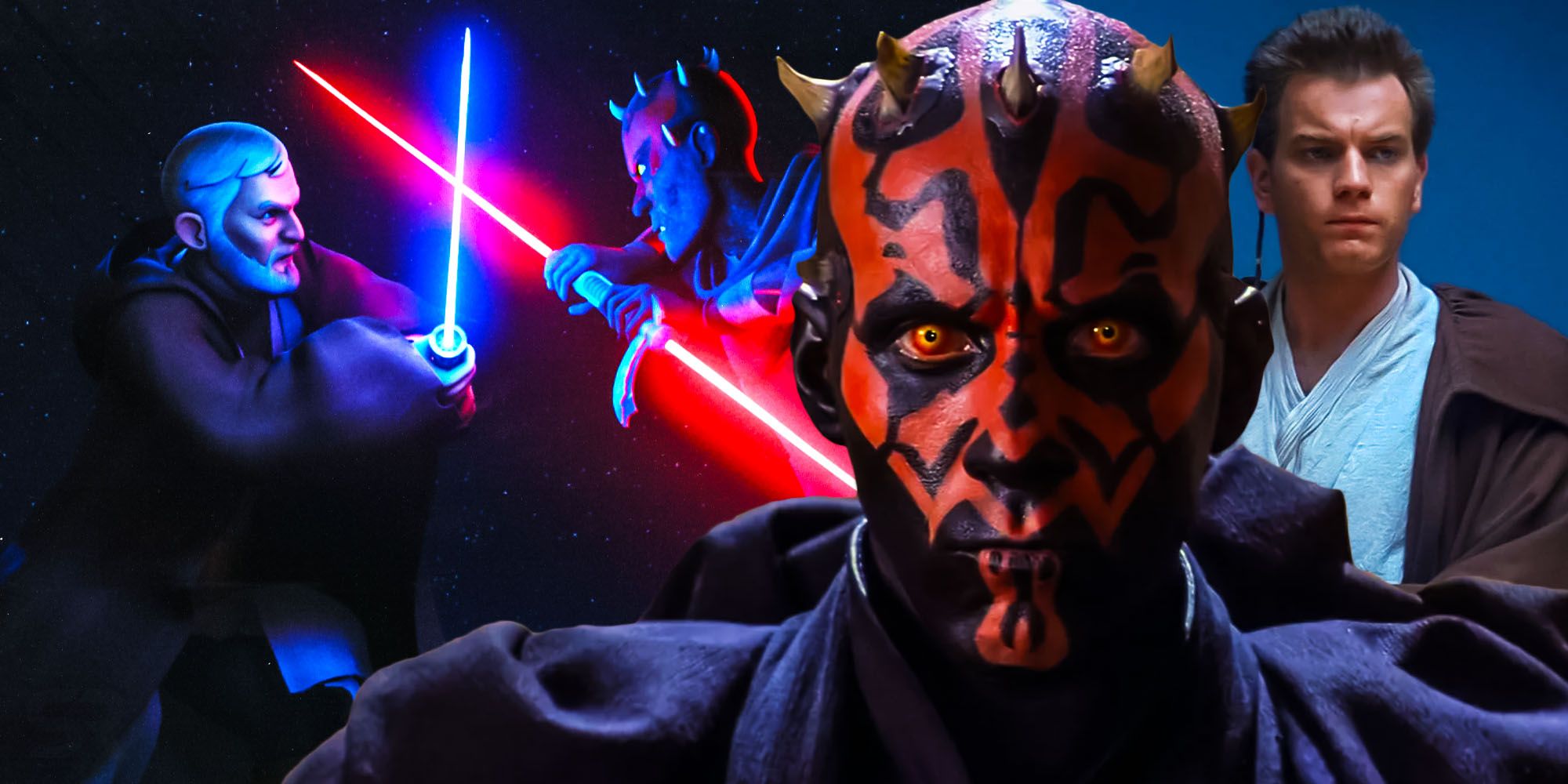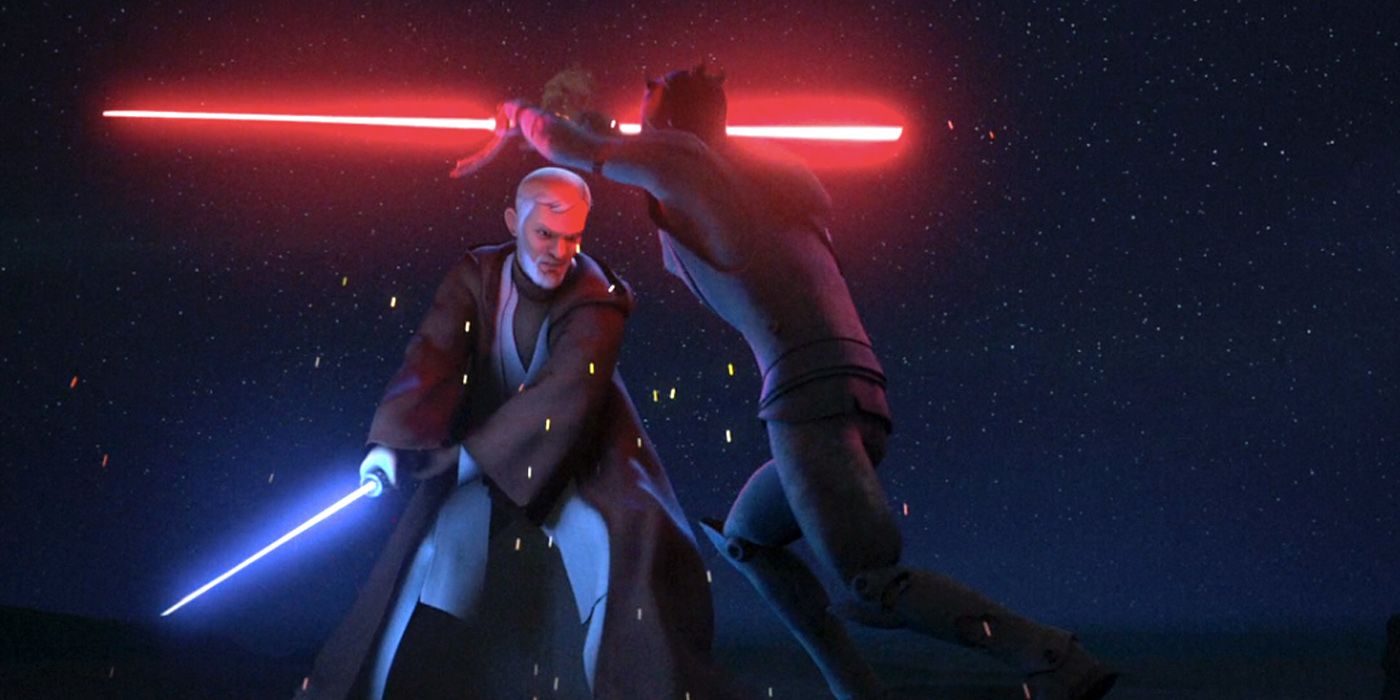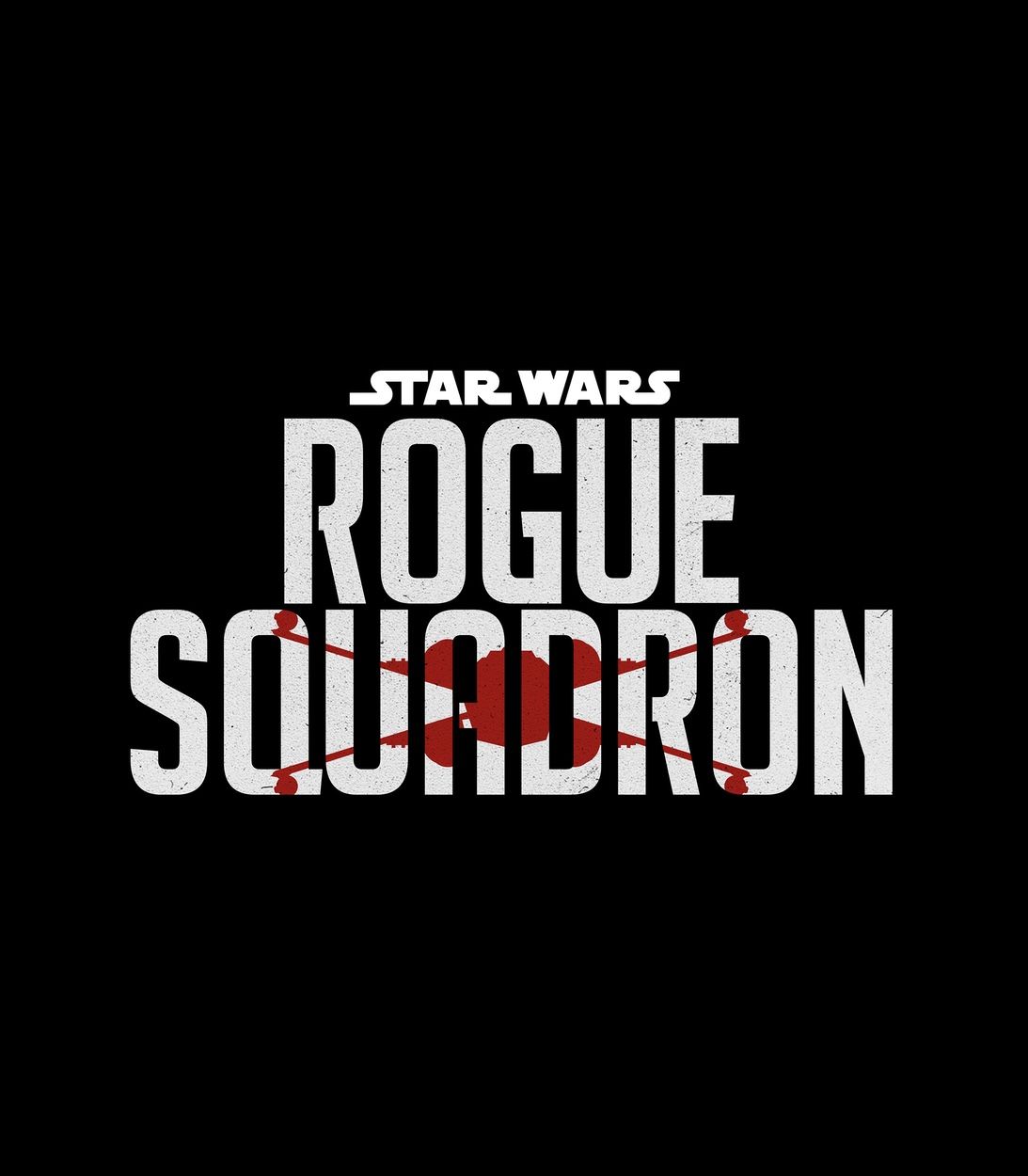While the first duel between Obi-Wan Kenobi and Darth Maul in The Phantom Menace is significant for the Star Wars galaxy, their final duel is far more important. Despite its short duration, the subtle levels of psychological interplay and personal stakes from Kenobi and Maul are huge, making it one of the more impactful duels within the Star Wars timeline. Furthermore, it also plays upon the duel from Phantom Menace in some very nuanced ways.
In The Phantom Menace, the lightsaber duel between Darth Maul, Qui-Gon Jinn, and Obi-Wan Kenobi catalyzes the rest of the Skywalker saga of film as it determines the fate of the Chosen One Anakin Skywalker. As described by Lucasfilm's executive creative director Dave Filoni, the Duel of the Fates seen in Phantom Menace is "everything that the entire three films of the prequels hangs on." Had Qui-Gon survived the duel with Maul, he would've trained Anakin, possibly saving him from corruption to the dark side and becoming Darth Vader. While Obi-Wan ended up being the victor and defeating Maul in the first prequel film, their final duel years later would serve to be far more impactful on a personal level.
In Star Wars Rebels season 3, Maul has been hunting Kenobi, seeking revenge not just for their first duel where he lost his legs, but also for all of their subsequent battles during the Clone Wars as well. Maul eventually finds Kenobi on Tatooine, sensing his purpose on the desert world. This leads to a brief duel that only lasts three moves before Kenobi gives Maul a quick death, though the way in which that occurs is massively important. Kenobi's first action after activating his lightsaber is to take a pose his younger self would have taken before choosing to take a more evolved position that's more in line with the Ben Kenobi of the original films, the Jedi who's grown and learned from the mistakes of his past. However, he then takes a pose that's more reminiscent of his old master Qui-Gon Jinn. This, in turn, queues Maul to attempt the same strike to the head with his lightsaber hilt he used to slay Obi-Wan's master, an attack which Kenobi predicts and counters with a strike that finally ends Maul's life for good.
The fact that this final duel calls back to The Phantom Menace in such a significant way is no mere coincidence. As revealed by Maul voice actor Sam Witwer in multiple interviews, the psychological interplay during the duel between Kenobi and Maul and the various positions Obi-Wan takes prior to their lightsabers clashing is extremely intentional on the part of Rebels' supervising director Dave Filoni. It shows that Kenobi was aware of and counted on the fact that Maul was as broken and lost as ever, never rising above his own darkness which seemed to be a fact Kenobi pitied as he held Maul before his final breath. Furthermore, it also serves to be a second Duel of the Fates, determining the galaxy's future once more as it saw Obi-Wan's surviving to train Luke in the years to come. Had he been slain by Maul, the galaxy would have likely been doomed to the Empire's oppression.
As a result, the final duel between Obi-Wan Kenobi and Maul is much more important than their first in The Phantom Menace, playing upon their first encounter and going beyond in some incredibly nuanced ways. The stakes were much more personal due to their long-shared history and rivalry, while also determining the ultimate fate of the Star Wars galaxy going forward.



